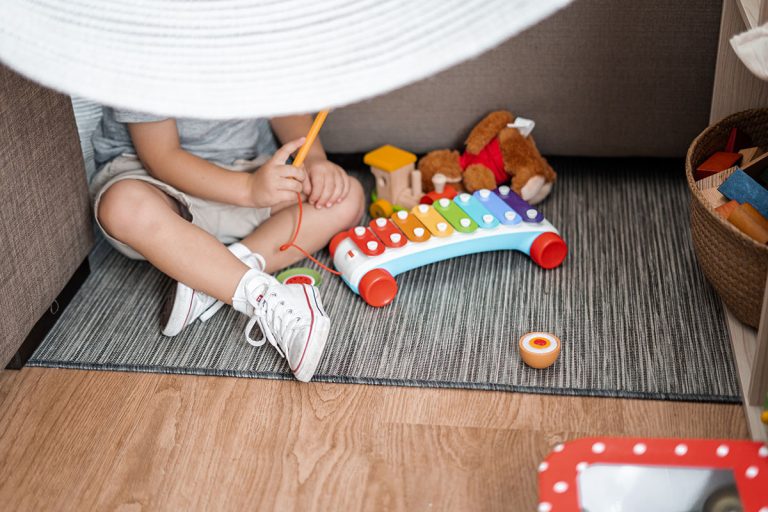An Independent Children Lawyer is often referred to as the ICL. An ICL is appointed by the Court where there is a parenting matter before it, and there is specific need for the interests of the children to be independently represented.
Does every parenting case need an ICL?
Not all parenting cases will need an ICL. An ICL may be appointed if you or the other parent ask for one, or the Court uses its own initiative to appoint one. The Court will only appoint an ICL if one or more of the following circumstances are present:
- there are allegations of family violence, either between the parents or directed at a child;
- there is a high level of conflict between the parents;
- a child has expressed strong views, and the child is of a mature age to express their views;
- the evidence presents complex issues;
- a child is alienated from one or both parents;
- where on the material filed by the parents, neither seems a suitable custodian;
- where it is proposed to separate siblings;
- where none of the parties are legally represented; and/or
- Either a parent or a child has serious mental health issues.
In the event that an ICL is appointed, the Legal Aid Commission in NSW determines who will be the ICL.
What does an ICL do?
The ICL is a lawyer that is tasked with the responsibility of advocating for the best interest of the child. The ICL is expected to act impartially and in a manner solely guided by their view as to the best interests of the child.
They are required to listen to the views of the child, however the child’s views are only one of many factors that the ICL will investigate in order to provide an opinion as to what parenting arrangement would be in the best interests of the child. The ICL does not take instructions from the child but is required to ensure the court is fully informed of the child’s views. The ICL exercises their own independent judgment to assess relevance and urgency.
The ICL will often conduct the following tasks:
- Assist the parties in engaging in settlement discussions.
- Arrange for some categories of evidence to be put before the court, including by means of Subpoena or expert evidence.
- Guide the participation of the child in the proceedings, with reference to that child’s level of maturity and the nature of the case. This may include meeting with the child to explain developments in the case that will impact the child. It is important to recognise that an ICL is not a counsellor or a mouth piece for the child, they cannot ‘interview’ the child for further evidence or provide a therapy-like service to the child.
- Express an independent position regarding to each parent’s proposals, and they can adopt part of or all of a proposal, or make a proposal of their own, as they see fit.
Who pays for the ICL?
Initial funding of an ICL’s work is normally the responsibility of the Legal Aid organisation in a particular state or territory. However, it’s important to be aware that Legal Aid commissions normally cannot cover all the ICL’s costs. Typically, parties will have to make some financial contribution. The amount that a party is asked to contribute will depend on their financial circumstances. Be sure to ask your lawyer what would be the relevant costs in your case.
Important Disclaimer: The content of this article is general in nature and for reference purposes only. It does not constitute legal advice and should not be relied upon as such. Legal advice about your specific circumstances should always be obtained before taking any action based on this publication.








